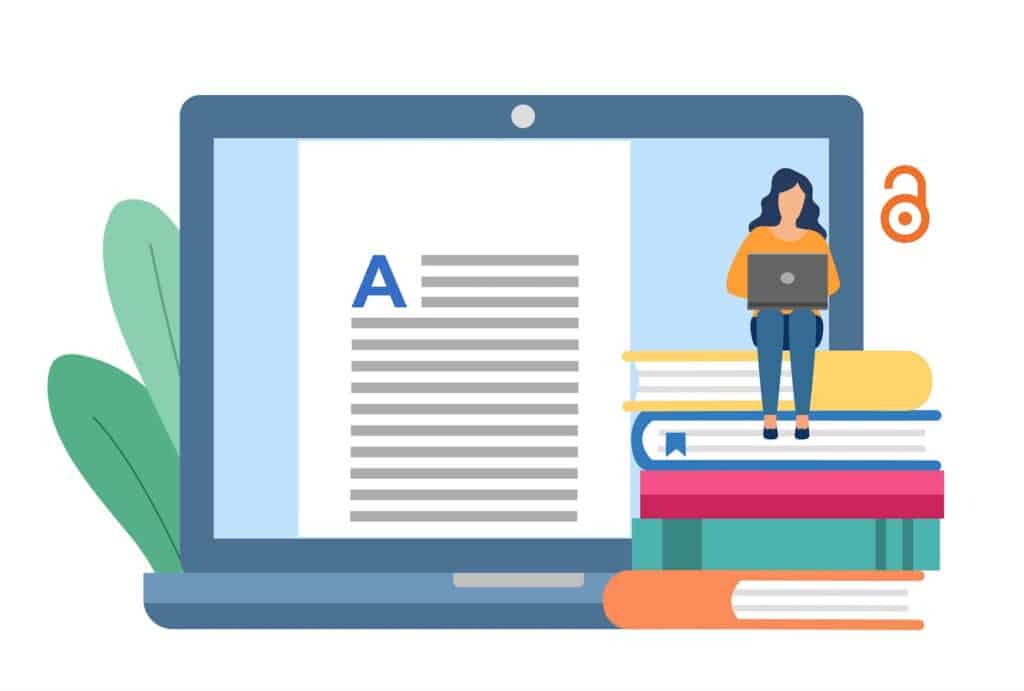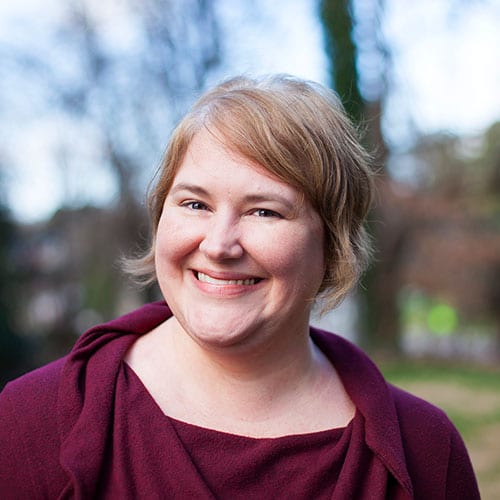
Can a new Open Access collection help overcome the challenges facing monographs? In the latest in our OA books series to coincide with OA Week, guest author Sarah McKee explains the case for Path to Open.
Path to Open, a new open access pilot for book publications in the humanities and social sciences, has launched its collection this month, with 100 titles covering 36 disciplines from more than 30 university presses. This represents a major and much-needed step forward for Open Access publishing in general, and for the humanities specifically.
The pilot began in January as a collaboration among university presses, libraries, and scholars. It has emerged at a moment when students, administrators, and political leaders in the United States openly doubt the value and relevance of the humanities.1 Their questions stem at least in part from a widespread misunderstanding of the term “humanities”, the disciplines it includes, and the inquiries posed by its scholars.
Such misunderstandings are perhaps not surprising. Scholarly books, often referred to as monographs, have served for decades as the primary mode for sharing research findings in the humanities but are currently distributed in ways that privilege a narrow audience.2
University presses – long-time champions and producers of monographs – have lost crucial institutional support, leaving many in difficult financial circumstances. The resulting high prices for monographs often exclude scholars, students, and others without affiliation at well-funded research libraries, and the problems multiply for those outside the established book distribution networks of North America and Western Europe.
Compared with STEM disciplines, the humanities receive little public funding for research and publication, making the move to open access much more challenging.
A commitment to finding new ways of sharing monographs drives the development of Path to Open. As Charles Watkinson and Melissa Pitts have noted, academic stakeholders “have long seen the value in investing significant resources to sustain science infrastructures that contribute to a common good. It is essential to their mission that they collaborate and invest with that same care in the crucial infrastructure for humanities research embodied by the network of university presses”.
Creating multimodal digital monographs, for many authors, is about making the humanities relevant and accessible to wider audiences who can both benefit from and contribute to scholarly production in tangible, meaningful ways. At the same, open access publication provides not only wide distribution but also a mechanism by which digital scholarship may undergo formal development and evaluation with a university press. But the ability to create open multimodal publications is itself fraught with inequity, requiring collaboration partners, expertise, and funding not yet widely available to all scholars or to their publishers.
Path to Open seeks to create an infrastructure that allows more publishers – especially small and mid-sized university presses – to experiment with open access distribution while also boosting the circulation of research from a community of diverse humanities scholars. The initiative is distinctive among open access models because, as John Sherer explains, it proposes a “compromise between the legacy model of university press publishing and a fully funded OA model”.
“A commitment to finding new ways of sharing monographs drives the development of Path to Open.”
Sarah McKee
Path to Open operates as a library subscription – administered exclusively by JSTOR – that guarantees payments of at least US$5,000 per title to participating publishers, to help offset potential losses in digital sales. With the launch of the online collection this month, presses also have the option to sell print editions of all books, as well as direct-to-consumer e-books.
A sliding scale for subscription costs provides more equitable access to libraries of varying sizes and budgets, and more than 60 libraries have joined to date, including members of the Big Ten Academic Alliance. The initial 100 titles transition to full open access by 2026, and new titles will be added in each of the following three pilot years to reach an expected total of 1,000 open access books by 2029.
The model aims to reduce financial risk for presses while also acknowledging lingering hesitation about open access publication within the humanities community. As John Sherer finds, many authors fear that “an OA monograph would be viewed less favorably than a traditional print monograph would in the tenure and promotion review process”.
Monographs take years to produce, and they function quite differently from journal articles in the scholarly ecosystem. Many of these books maintain their relevance for years, even decades, past the original publication date. Over the life of the pilot, JSTOR will track various usage metrics for all titles in the collection both before and after the transition to open access.
The partnership with JSTOR provides a unique opportunity to gather data in a controlled environment, with hopes of gaining much-needed insights into the behavior of readers, the effect of open access on print sales, and the timing of peak impact for monographs in various disciplines. Understanding such issues is key to strengthening the vital infrastructure that supports humanities research and to ensure its place alongside open STEM scholarship.
The American Council of Learned Societies (ACLS) has committed to providing a robust and transparent structure for community engagement with Path to Open. In consultation with the Educopia Institute, ACLS is developing a forum to encourage dialogue among key stakeholders, including publishers, libraries, scholars, and academic administrators. Inviting scholars into these conversations is critical for a shared understanding of how open access affects humanistic disciplines, institutions of higher education, students, and individual academic careers.
Our hope at ACLS is that an inclusive dialogue about Path to Open will generate greater understanding of the stakes for various constituents within the humanities community, and guide decisions for the future of scholarly publishing in sustainable and equitable ways.
1 Nathan Heller, “The End of the English Major,” The New Yorker, February 27, 2023.
2 See also Michael A. Elliott, “The Future of the Monograph in the Digital Era,” The Journal of Electronic Publishing 18, no. 4 (fall 2015).
About the Author

Sarah McKee, Project Manager, Publishing Initiatives | American Council of Learned Societies (ACLS)
As Project Manager for Publishing Initiatives, Sarah McKee works to support a healthy ecosystem for the creation and dissemination of humanistic scholarship across disciplines and institutions. She previously administered Digital Publishing in the Humanities, sponsored by the Mellon Foundation and based at Emory University’s Fox Center for Humanistic Inquiry, and served as managing editor of the born-digital New Georgia Encyclopedia at the University of Georgia Press. She is an advisory board member for the Next Generation Library Project and is a co-author of the report Multimodal Digital Monographs: Content, Collaboration, Community (2022).
The post New path opens up support for humanities in OA publishing appeared first on Digital Science.
from Digital Science https://ift.tt/ua9wDnT

No comments:
Post a Comment